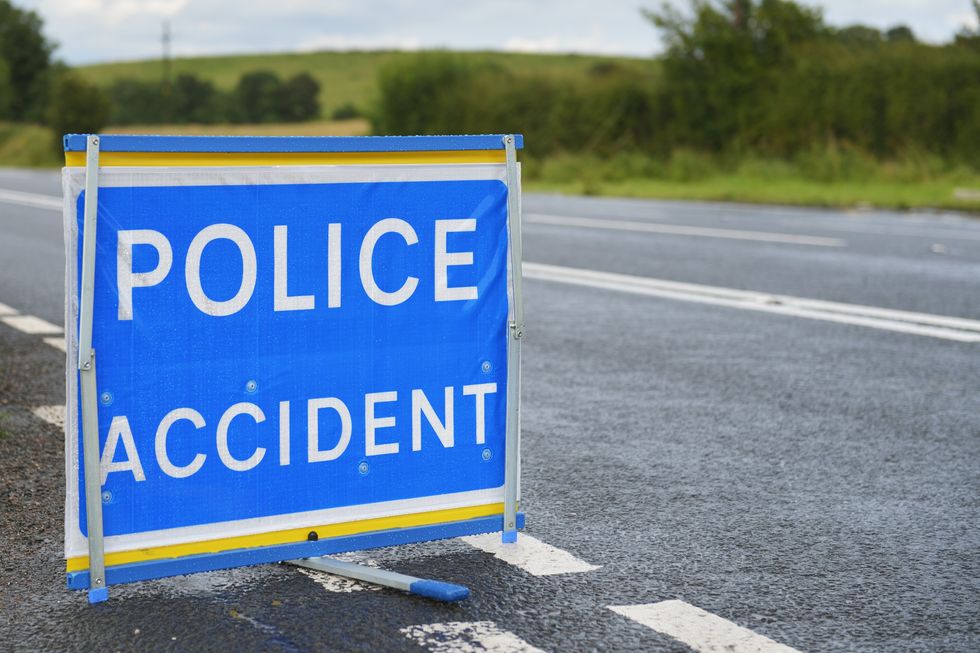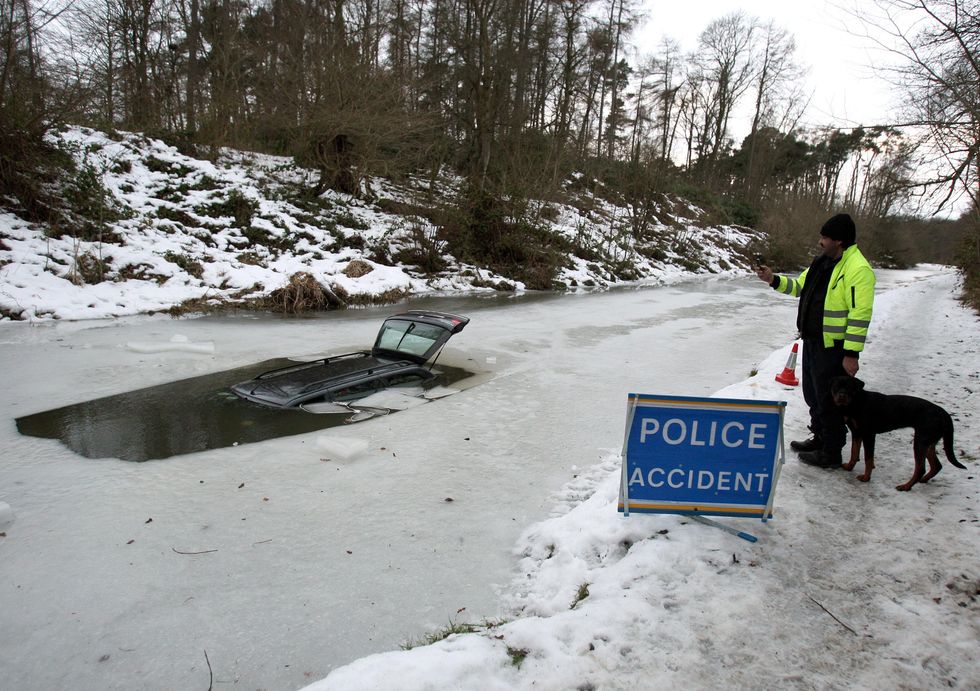National Highways urged to stop using term 'accident' over fears it causes driver 'carnage'

Experts have suggested that National Highways could use 'collision' instead
Don't Miss
Most Read
National Highways have been urged to stop using the word “accident” on roadside messaging in a bid to highlight the importance of safety to drivers.
Some motoring organisations are calling on National Highways to restrict the use of “accident” over fears that it implies collisions are unavoidable.
Experts also believe that using the term could risk a false sense of security for some drivers when being held accountable for crashes which lead to death and injury on the road.
The Department for Transport recently announced that it would no longer use the word “accident” in some publications.

National Highways said drivers are already familiar with the 'police accident' sign
|GETTY
This follows feedback from affected families and transport professionals warning against using the term.
The AA, RoadPeace, the Parliamentary Advisory Council for Transport Safety (PACTS) and the National Police Chiefs’ Council (NPCC) are calling on National Highways to use “collision” instead.
Despite this, the word will remain in use for legislation, with the DfT saying drivers are familiar with the term and it is already commonly seen on signage.
Edmund King, AA president, said: “Road deaths have plateaued in the UK and the fact that we see almost five deaths each day is an absolute tragedy.
“We must use everything we can to reduce this carnage. Most crashes are not ‘accidents’ but are avoidable, normally by drivers and other road users paying more attention.
“Describing every crash as an ‘accident’ in effect makes excuses for serious incidents,” Fleet News reported.
When an incident occurs, digital signs on motorway gantries will display speed restrictions, lane closures and the phrase “accident”.
National Highways states that this is commonly understood by drivers, with the majority of people understanding that a hazard could be ahead, with most starting to pay more attention.
Detective Chief Superintendent Andy Cox, National Police Chiefs' Council lead for fatal collisions, said the majority of collisions are the result of the actions of drivers.
He added: "Words matter and are integral to changing culture and reducing road danger. Therefore, we must stop using the word ‘accident’ when describing crashes.
“This word implies it was just one of those things, it couldn’t be helped, or it was just bad luck.
“Instead, so often crashes are about a driver’s choice to be selfish, dangerous or reckless and as such we should describe it as a collision or crash. This allows for the public perception to appropriately consider driver choice and error.”
Data suggests that more than a third of the 1,700 annual fatal collisions are related to drivers speeding, with a quarter occurring as a result of drink and drug driving.
A spokesperson for National Highways said: “National Highways recognises the importance of language, particularly on those who have been affected by road traffic collisions.
LATEST DEVELOPMENTS:

Experts are calling on the organisation to use terms like 'collision' instead
|PA
“We always want to ensure we are taking into account the views of all road users, so we will undertake new research with our customers to test their understanding and preferences on language to be used in this situation.”










